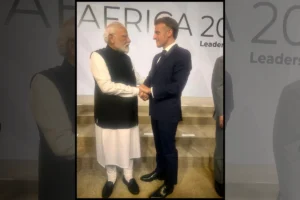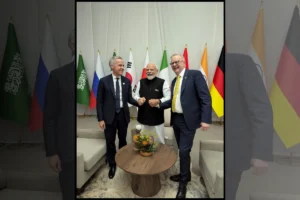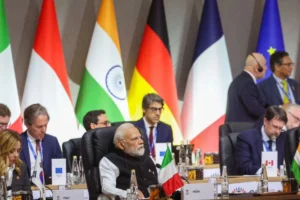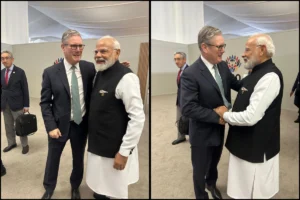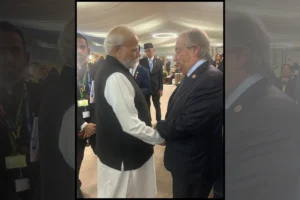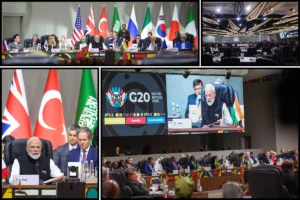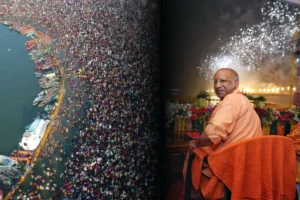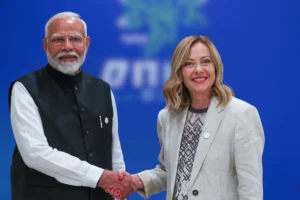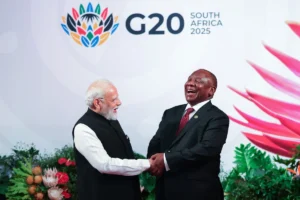
Saudi Arabia and Kuwait said Thursday that they had sole control of a disputed gas field also claimed by Iran, amid a growing rivalry sparked by Tehran’s threat to conduct exploratory drilling.
The offshore field, known in Iran as Arash and in Kuwait and Saudi Arabia as Dorra, has long been a source of tension between the three countries.
In a joint statement issued on Thursday, Kuwaiti and Saudi officials stated that they alone have full sovereign rights to exploit the wealth in that area.
According to a statement released by the official Saudi Press Agency (SPA), the two Arab Gulf governments restated their previous and repeated calls to the Islamic Republic of Iran to negotiate the demarcation of their maritime borders to resolve the issue.
For many years, Iran and Kuwait have undertaken failed talks over their disputed maritime border area, which is rich in natural gas.
Recent attempts to restart talks have failed, and Iran’s oil minister indicated on Sunday that Tehran will continue to operate on the field even if no agreement is reached.
“If there is no desire for understanding and cooperation, Iran will pursue its rights and interests regarding exploitation and exploration”, Iranian Oil Minister Javad Owji said.
Kuwait called Iran to another round of maritime border negotiations last month after Tehran stated that it was ready to begin drilling in the field.
A few weeks later, Kuwait’s Oil Minister Saad Al-Barrak said that his country would likewise begin drilling and production at the gas field without waiting for an agreement with Iran.
The dispute over the field dates back to the 1960s, when Iran and Kuwait handed offshore concessions to the Anglo-Iranian Oil Company, the precursor to BP, and Royal Dutch Shell, respectively.
The two concessions overlapped in the northern section of the field, which is expected to have recoverable reserves of 220 billion cubic metres (almost eight trillion cubic feet).
Despite objections from Iran, who called the pact illegal, Kuwait and Saudi Arabia struck an agreement last year to jointly develop the field.
Also read: Human Remains Found After Helicopter Crashes During Australian Military Exercise
To read more such news, download Bharat Express news apps







